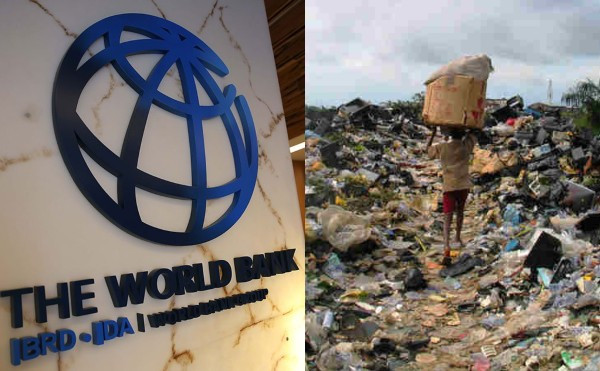
According to the World Bank, approximately 87% of Nigeria’s impoverished population is concentrated in the northern region of the country.
The report from the Bretton Wood institution titled ‘Advancing social protection in a dynamic Nigeria’ revealed that the South-South region experienced the most significant decline in poverty between 2011 and 2016.
A section of the report stated that poverty levels in the northern regions, particularly the north-west zone, have been on the rise. In 2016, almost half of the poor population resided in the north-west, with the north accounting for 87% of the country’s impoverished individuals. The poverty rates in the southern zones hovered around 12%, with minimal variation across zones. The south-south zone saw a noteworthy reduction in poverty during the same period. The report also highlighted the significantly higher poverty prevalence in rural areas, with an estimated 64% of all poor individuals residing in rural areas. In contrast, the poverty rate in urban areas remained constant at 16% from 2011 to 2016.
Comparing Nigeria to other countries in the West African region, the World Bank observed that poverty reduction has been disproportionately low in response to economic growth. The institution also pointed out that despite evidence linking cash transfer programs to improved human capital, Nigeria only allocates 0.6% of its GDP to social safety net programs. This contradicts the goals of the economic recovery and growth plan.
Furthermore, the report highlighted that Nigeria performs poorly in poverty and human capital-related metrics despite its middle-income status. It noted an increase in the number of people living in extreme poverty from 2011 to 2016, with the northern regions being particularly susceptible to further impoverishment. The World Bank criticized the focus on providing benefits to the population in the form of lower fuel prices. It emphasized the regressive nature of fuel subsidies, which not only drain fiscal resources but also predominantly benefit larger and wealthier consumers.
